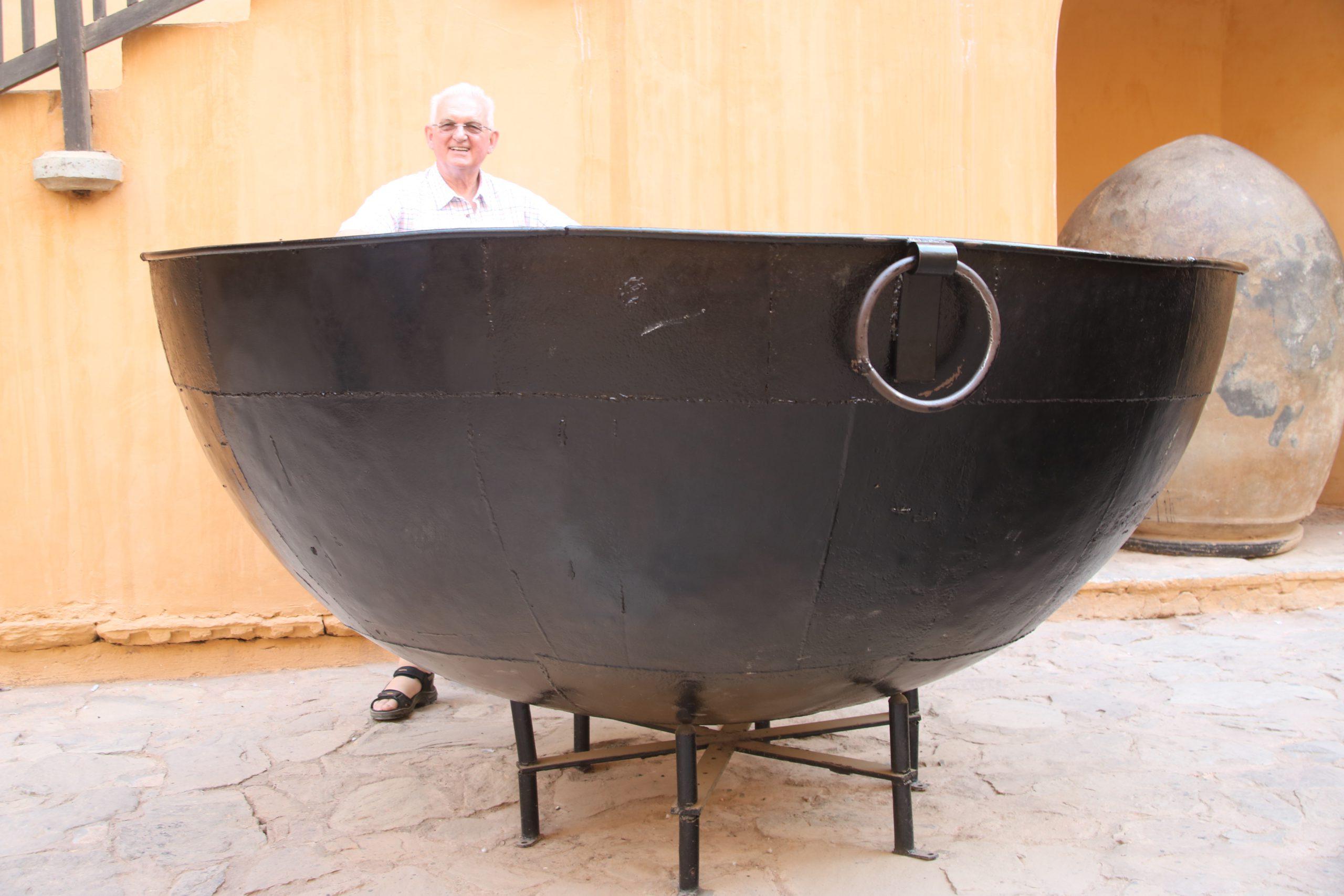Has Your Expert Still Not Been In The Hot Tub Yet?

We in the litigation industry have talked for some time about hot tubbing, an idea which Lord Justice Jackson hoped we might adopt. In fact, the first blog I posted in 2012 on what was then my new website was on this very subject. It even included a picture of me and a couple of young relatives in what was then our new jacuzzi. Worth a peep? Yes, sad, I know.
Hot tubbing is more properly termed concurrent evidence, and is an arrangement where at trial two (or more) experts are put into the witness box together, and where the judge or arbitrator chairs a discussion between them. Counsel for claimant and for defendant can put questions to either expert, so can the judge, and the experts can even ask questions of each other. And at last, I can confirm that I have given hot tub evidence, and that it worked superbly well.
This was an arbitration concerning an international loss of profits claim arising from allegedly defective goods. We the opposing accountancy experts had worked together closely, and very amicably, during our meeting of experts and production of the joint statement and, whilst there were some areas on which we fundamentally disagreed, the areas and reasons for disagreement were well known to us both. The arbitrator, an American lady, was a CPA who took a close interest in our evidence, and it became clear that she knew more about our subject than did opposing counsel.
With this background, the concurrent evidence was fairly brief and extremely amicable. We experts answered questions of the arbitrator and of each other more than of opposing counsel and, whilst neither of us changed our opinions by much, we left the arbitrator with some very clear decisions to make.
When considering your choice of expert, here are a few things to bear in mind:
- Per PD35 at 11.1, “At any stage in the proceedings the court may direct that some or all of the experts from like discipline shall give their evidence concurrently…” So you do not know if, or when, your expert may be called into the hot tub. Choose an expert with experience.
- “At any stage” even includes the interlocutory stage. With the above arbitration, we experts were called to appear before the arbitrator to explain what we had agreed in our discussions, even before we had produced the joint statement. We were both experienced experts, and were able to reassure her that she would see our fully reasoned joint statement which would be helpful to her, but that until it was signed off by us both, everything was without prejudice. So we declined to tell her how we were getting on. Less experienced experts may not have the “bottle” to stand up (respectfully) to such probing.
- Concurrent evidence does to an extent provide equality of arms. In conventional proceedings it often happens that one expert is mid-evidence and therefore in purdah, whereas the other is free to continue giving help to counsel in cross-examination. That doesn’t happen in the hot tub; once it starts, both experts are in the tub (and equally wet!).
- But hot tubbing does not solve the problem of one expert being the dominant character. Indeed, the dominant expert may be so persuasive, and the shy expert so cowed, that all the evidence goes the same way. I recall a case of the two medical experts giving evidence on expected working lifetime of the PI claimant, where one had been the professor of the other, who was certainly cowed, and who resiled from his evidence in the witness box. My quantum evidence of net earnings was agreed to the penny by the trial judge, but after the professor’s evidence the multiplier was so stingy that the Part 36 offer was not beaten. And, of course, that proved very expensive to the claimant.
So to conclude, as with so much in litigation, the choice of expert is so important, and there is no substitute for experience. And from a seasoned expert who can now profess hot tub experience, I can say that experience is even more important than before.
So would you like me to help your client in that missionary pot?
